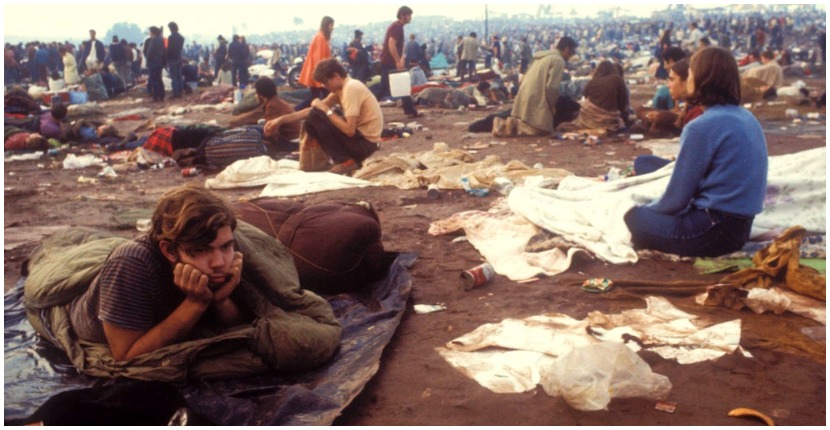It was a 3 day event that captured the spirit of the times: Woodstock. This epic festival is looked on fondly by an entire generation and became a legend of US counter-culture. If people can remember Woodstock, then they weren’t there… not to worry though, as there’s plenty on record to give them the gist.
The story behind Woodstock – which celebrated its 50th anniversary this year – is different to what people might expect. What began as a plan for rockin’ tunes and good times did not go as expected. The experience was a bumpy ride, with its fair share of tears, tragedy and tie-dye t-shirts. Here’s the eye-opening account of how it happened…
Despite the association with hippies, the founders of Woodstock seemed pretty grounded. The year was 1969. John P. Roberts and Joel Rosenman were entrepreneurs in the Big Apple. Artie Kornfeld was a VP at Capitol Records, the youngest on the books. Completing the line up was producer Michael Lang, who’d co-organized Miami’s Pop Festival the year before.
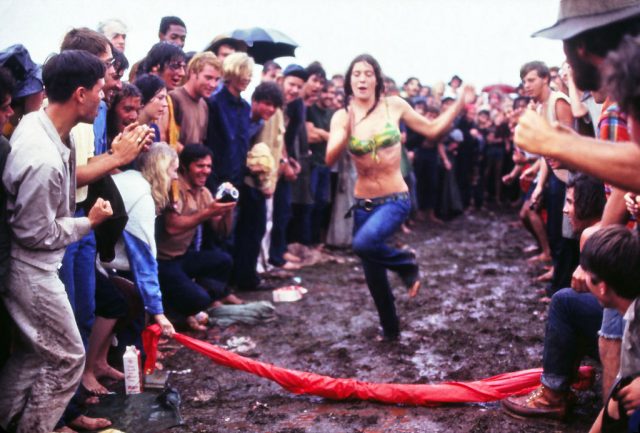
Roberts and Rosenman were originally introduced to Kornfeld and Lang with a view to building a music studio in Woodstock, a town in New York. But the 2 men thought a live concert might be a better idea. The foursome joined forces and Woodstock Ventures Inc. was born.
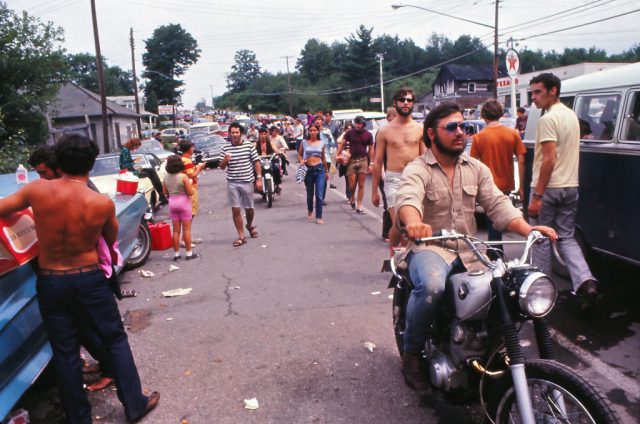
The concert was to have a local flavor. Or at least it would host the likes of Bob Dylan, whose faces were frequently seen thereabouts. The town of Walkill was then selected as the location – not Woodstock, but close enough.
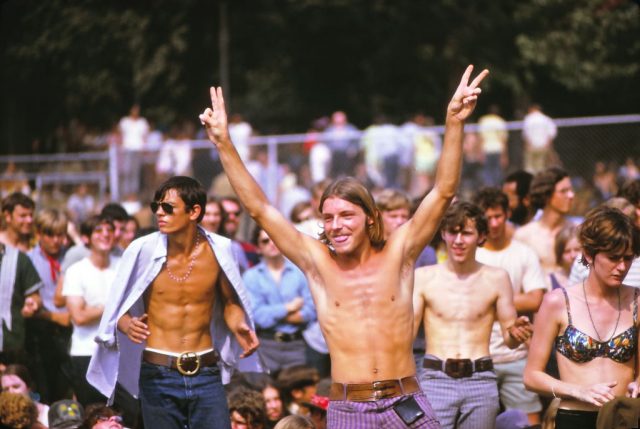
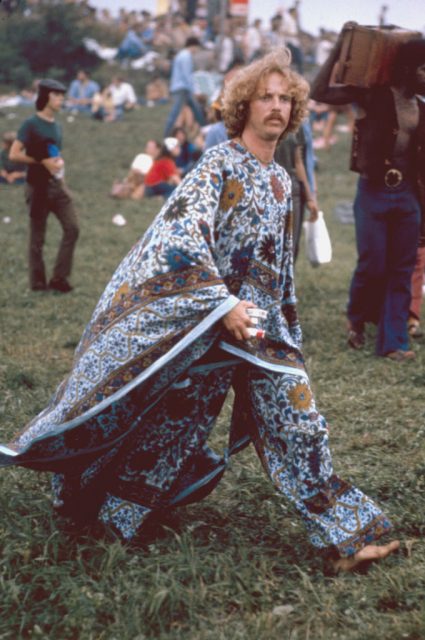
“We weren’t thinking if it would become legendary or not,” Rosenman told the Guardian this year, “but from the beginning we knew we had something extraordinary”. The billed title of “An Aquarian Experience: 3 Days of Peace and Music” faded into history. The name of the town that helped inspire it on the other hand stuck.
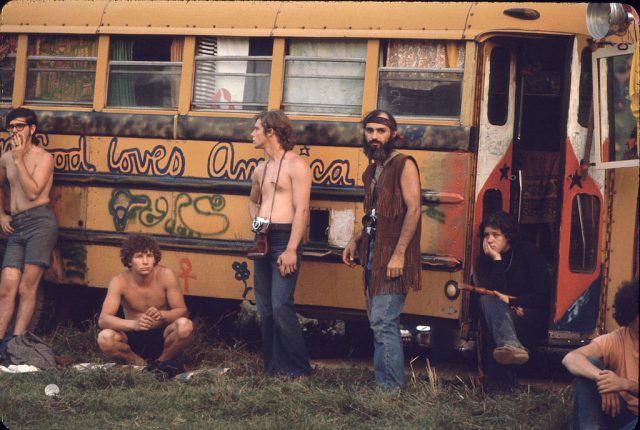
Woodstock was to plant its flag in Walkill, specifically the rock ‘n roll setting of Howard Mills Industrial Park! However a few snags were hit before the opening. Walkill authorities refused permission, so Woodstock very nearly didn’t happen at all.
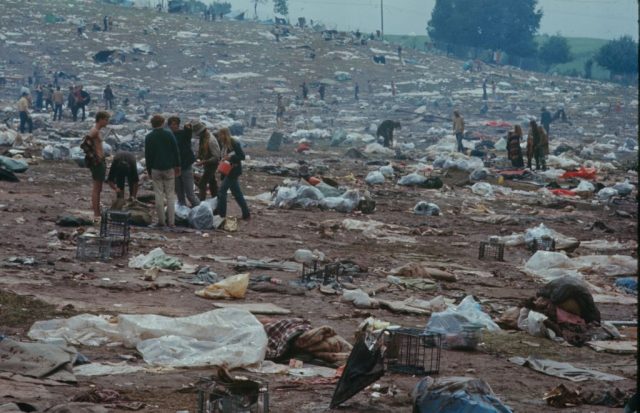
Musical salvation lay with a dairy farmer, Max Yasgur. He owned some land in the mountainous area of Bethel, where a concert could play out under the Catskill peaks. An agreement was reached and Roberts, Rosenman, Kornfeld and Lang were on their way to festival greatness.
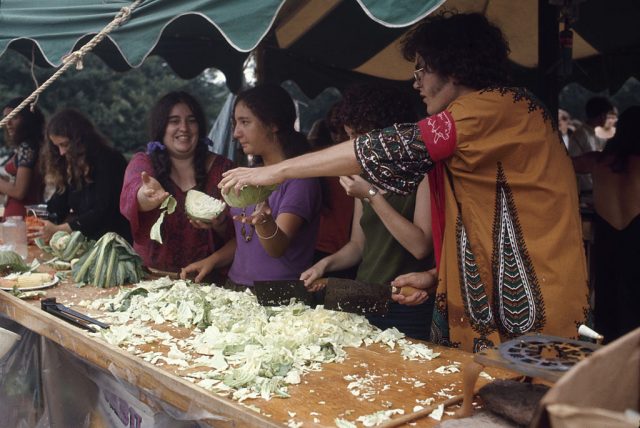
The complex business of putting on a show took the shine off that achievement. Unexciting details such as health and safety shared the stage with groups like Creedence Clearwater Revival, the first to sign up for Woodstock’s wild ride.
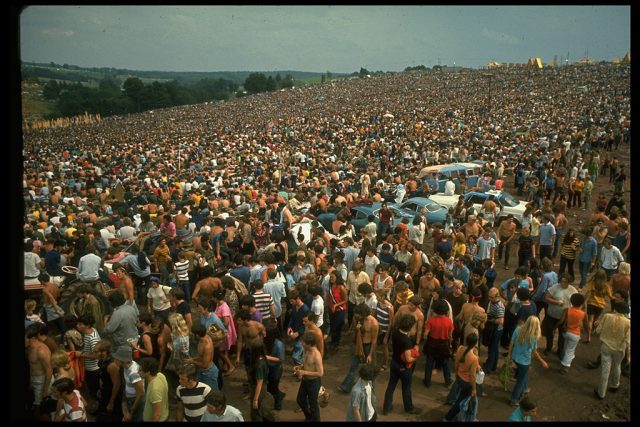
With 100,000 + waiting to get in, and what’s more arriving well in advance, it was clear the site wasn’t ready. Something was going to give. In true Sixties style it turned out to be the bread. Woodstock was the place to be, and now it would be free to enter for its half a million attendees!
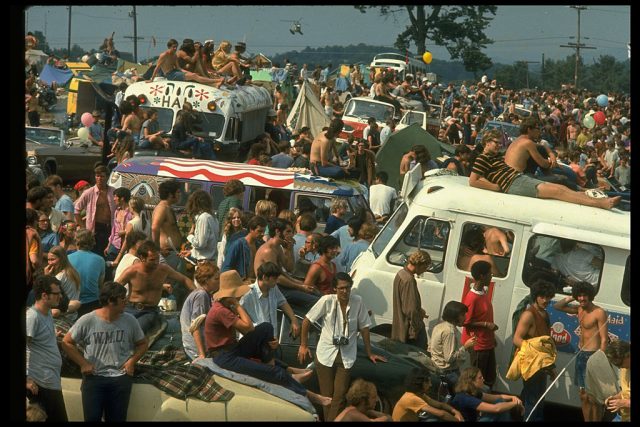
New Mexico’s the Hog Farm and its head honcho Wavy Gravy (aka Hugh Nanton Romney) were brought in to help things run smoothly. Gravy’s concept of crowd control differed to other people’s. The activist and charity worker would famously throw pies at those who were misbehaving. One of his famous quotes was “Good morning, what we have in mind is breakfast in bed for 400,000.”
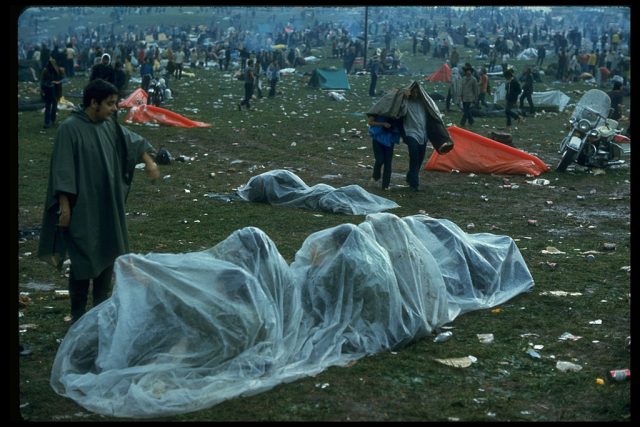
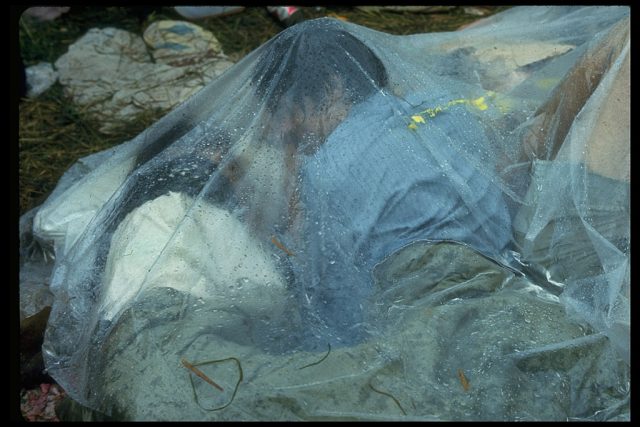
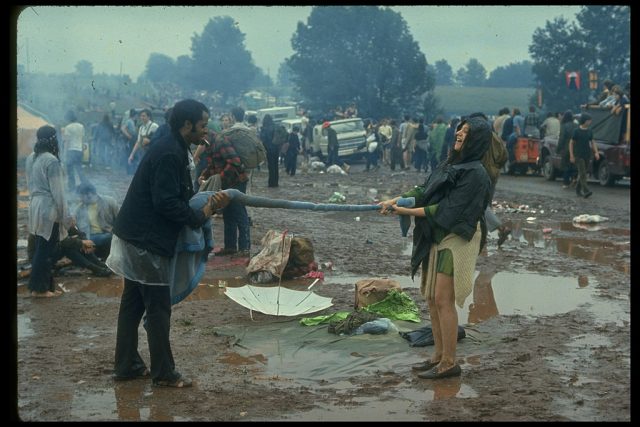
“It wasn’t just the music,” he told People.com. “It was all these different people from all over the country who thought they were the odd kid in town, who suddenly came together. Then there were half a million of us to work on the environment, or stop the war (Vietnam). Music brought us together.”
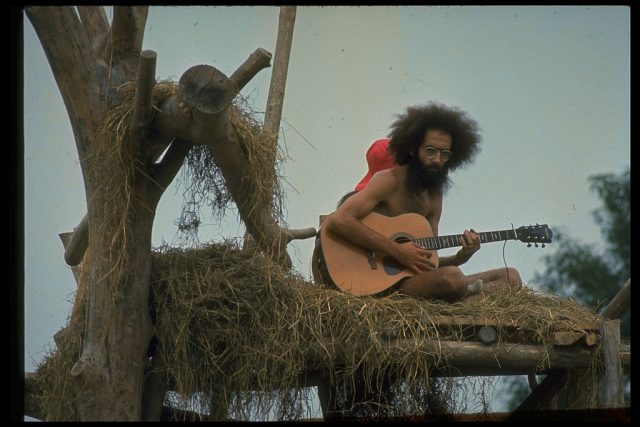
Peace and harmony was the watchword, though Woodstock was also rough around the edges, putting it mildly. Sadly some people lost their lives there, with a limited police presence to maintain order. Overall though, the impression was one of happiness and contentment.
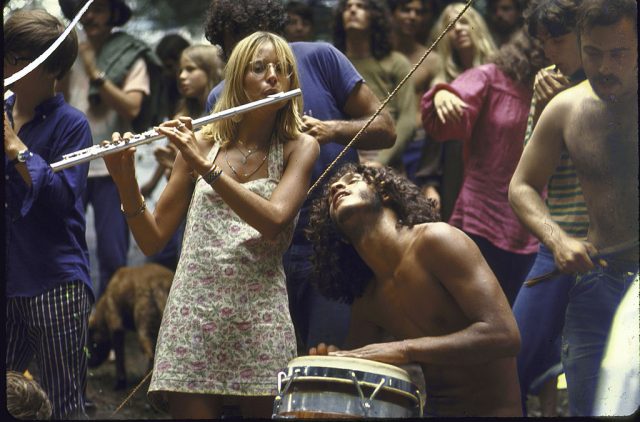
“Looking back, some people attribute the lack of violence to the large number of psychedelic drugs being used,” wrote History.com “Others believe hippies were simply living out their mantra of ‘making love, not war.’”
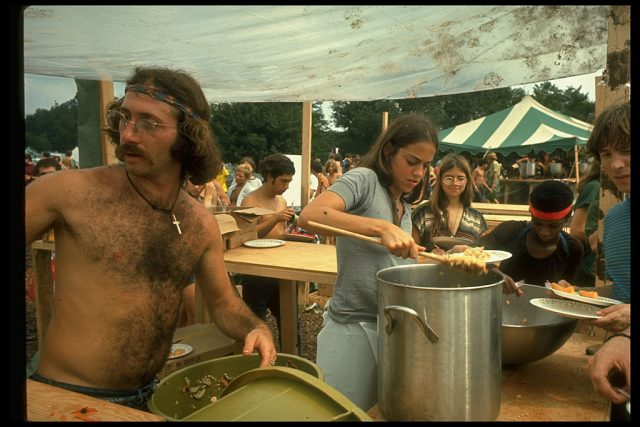
The line up was phenomenal – Joan Baez, Ravi Shanker, The Grateful Dead, Janis Joplin, The Who and Jimi Hendrix were just some of the stellar names working up the crowd.
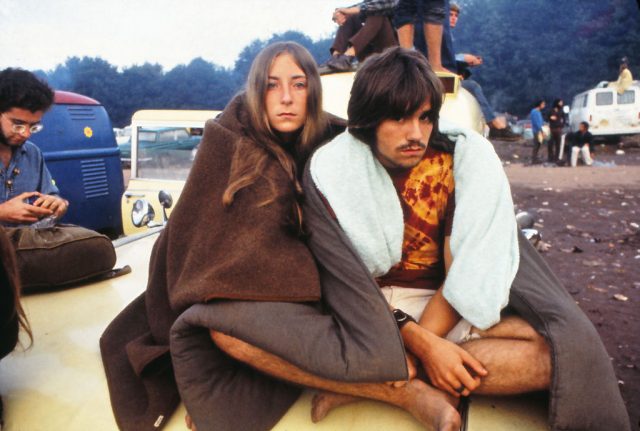
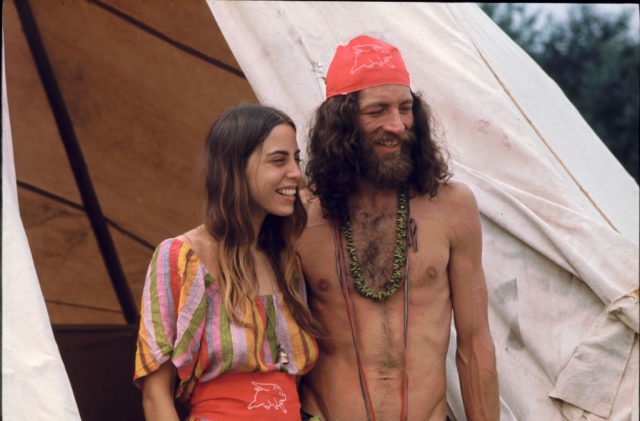
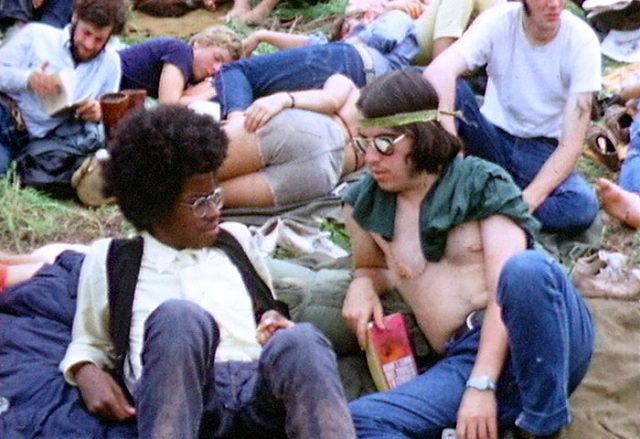
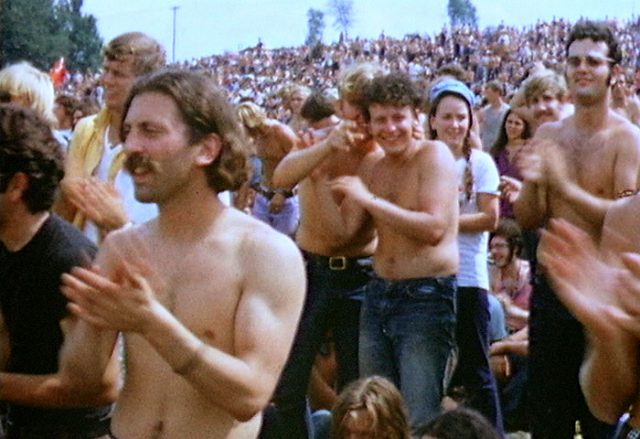
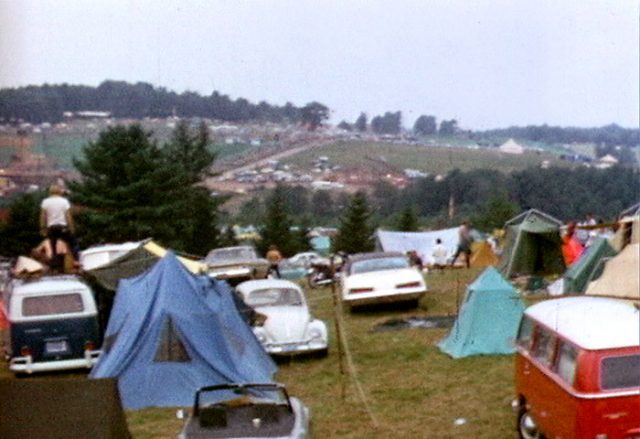
In an interview with Rock Cellar, Doug Clifford of Creedence Clearwater Revival said, “Under the circumstances I thought we did pretty well at Woodstock… John (Fogerty) has complained about it and said that we were playing for the people who were asleep (laughs) but we woke ‘em up pretty darn fast.” The circumstances he mentioned involved accessing the festival in the first place – eventually the band had to be helicoptered in.
https://www.youtube.com/watch?v=MwIymq0iTsw
Unlike other gatherings such as Coachella, the Woodstock Music & Art Fair was a true one off, though tributes have been paid to it at live events in the years since. Lang attempted to launch a 50th anniversary Woodstock in Maryland but that fell through. In the meantime, films and an album preserve the memory for future generations.
Beautiful Story: The couple in the iconic Woodstock photo are still together
“No matter how an event like this is produced, it’s just a catalyst that brings out whatever is innate in the audience,” Rosenman told the Guardian. Woodstock certainly touched that nerve. It may have been a logistical nightmare, but the result was a beautiful dream that’s being celebrated half a century on from it going down.
